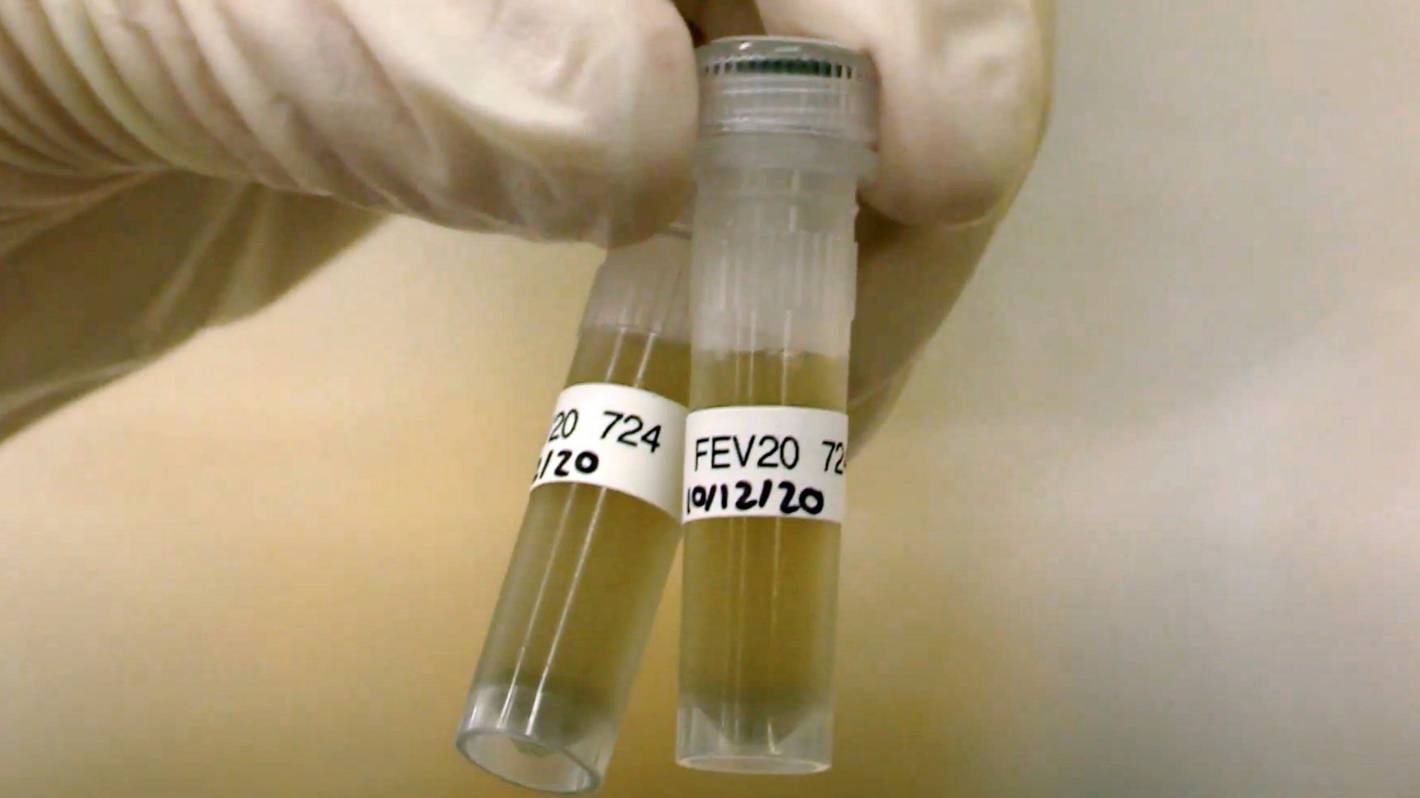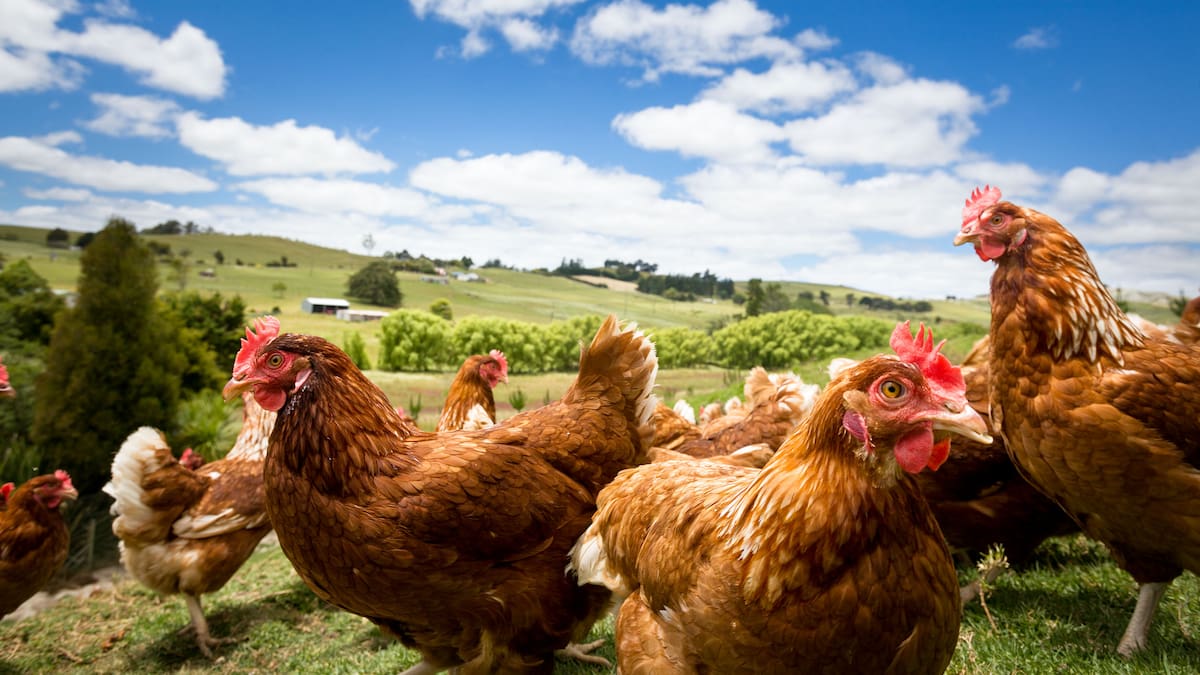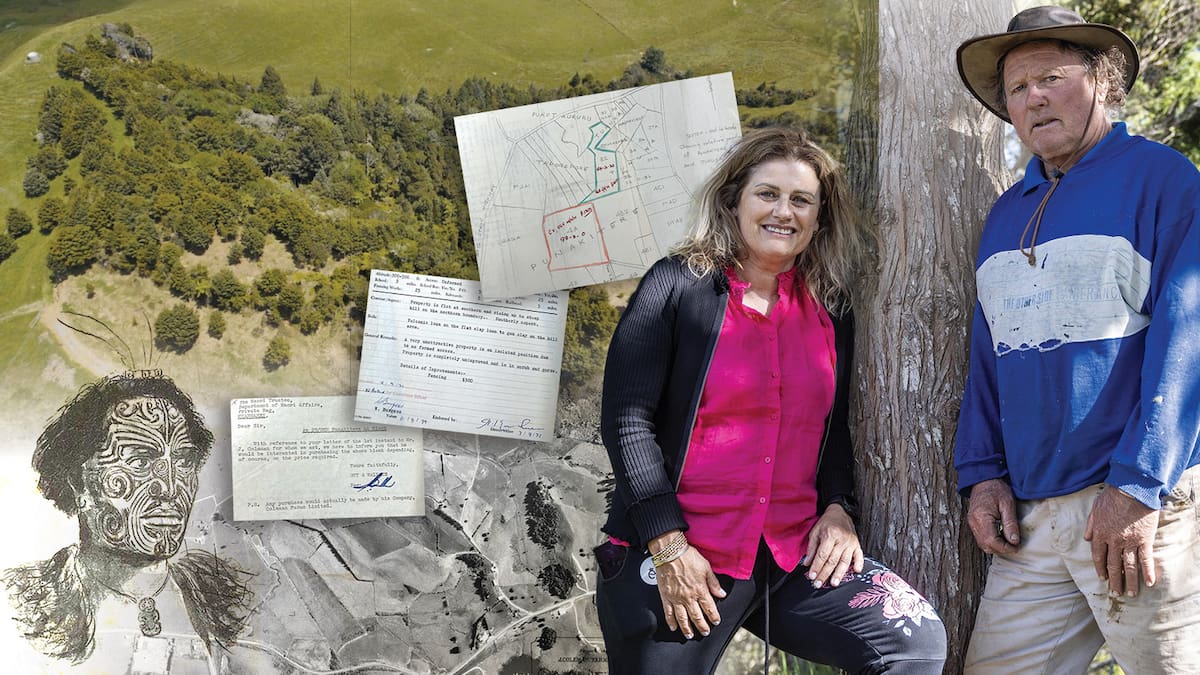ESR/Supplied
Recent severe weather that lashed Aotearoa has impacted the ability to collect wastewater samples for Covid-19 surveillance. (File photo)
Whole regions have had their Covid-19 wastewater testing affected by Cyclone Gabrielle and further severe weather, causing “gaps in the data”.
The Institute for Environmental Science and Research (ESR) confirmed recent severe weather that hit Aotearoa had impacted on wastewater surveillance, with some sites in the North Island unable to collect wastewater due to “competing staff demands and issues with courier access”.
In the week ending February 19, all sites in Northland were unable to collect samples.
And in the week ending February 26, 50% of Northland sites were back collecting samples, but no samples were collected in either Hawke’s Bay or Gisborne.
READ MORE:
* Explainer: Everything you need to know about wastewater testing in NZ
* Covid-19: Why did reported cases rise 10% in the last week?
* How much rain and wind Cyclone Gabrielle lashed across Aotearoa
“While there may be some gaps in the data, other locations around the country continue to provide quality surveillance of Covid-19,” a spokesperson for ESR said.
Ministry of Health insights data showed the level of viral RNA in wastewater for the week ending February 12 “slightly increased”, but “decreased” in the week ending February 19 (the most recent data available).
How long there may be issues collecting wastewater samples is dependent on weather.
If it continues to rain heavily, “we anticipate there could be more disruption”, the spokesperson said.
KELVIN & CAM TAYLOR/Supplied
Flooding in Hawke’s Bay, taken from a rescue helicopter as Cyclone Gabrielle had hit the region.
Another issue with stormwater getting into wastewater systems is it can result in increased flows at some sites.
This can dilute the sewage, which at the low end can result in “non-detections” of SARS-CoV-2.
“However, most sites continue to have detectable levels.”
Dilution of sewage by stormwater may reduce the levels of SARS-CoV-2 detected per litre for some sites in the previous few weeks.
For sites that provide daily flow data, ESR can adjust the measured SARS-CoV-2 levels by flow rate, therefore the long-term surveillance value of wastewater testing “is not negatively impacted”.
LINZ/Morris Lazootin
Hawke’s Bay before and after Cyclone Gabrielle
Infectious diseases’ physician, University of Otago Professor Kurt Krause said the loss of wastewater testing data was “always a concern”.
However, he said this was a “fortunate” time for it to happen – as it’s been “pretty quiet” in terms of numbers, and there’s “plenty time to recover”.
But as we’re coming into “a time with a lot of change” (students are back at school, universities have resumed), it “would be good to get it back” as soon as possible, Krause said.
“It’s not a huge crisis, but it’s something we want to get back quite quickly.”
ESR said it is important to highlight “how grateful we are to wastewater plant operators for their ongoing efforts to support sampling”.
On Monday, the Ministry of Health reported 9100 Covid-19 cases in the past seven days, a 10% increase on the week prior.



